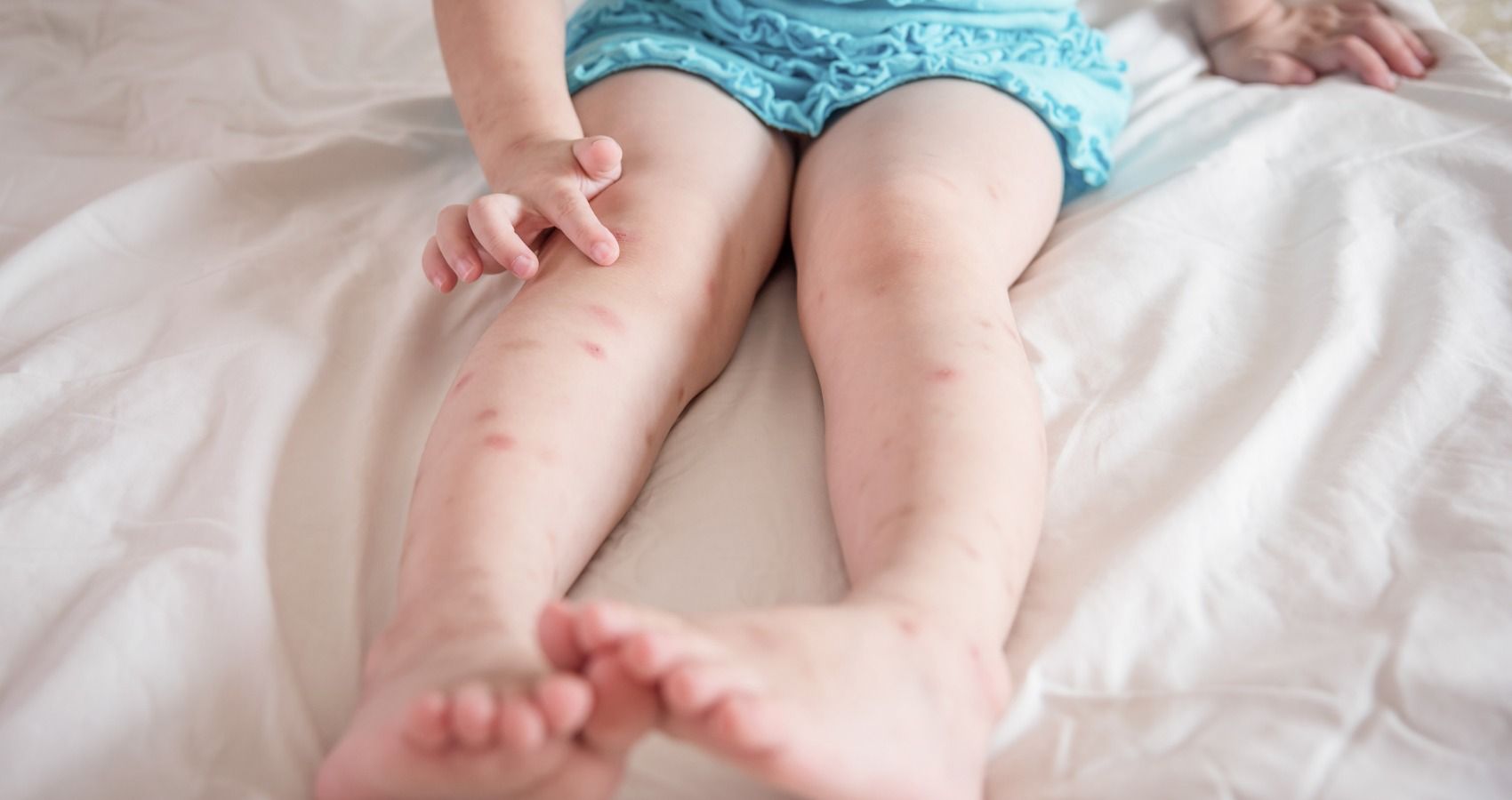Summer is just around the corner, and the kids just can't wait. There's nothing quite like running around in the backyard with no threat of school the next day, is there? While the summer months bring opportunities to make precious memories outdoors, it's not always peaches and cream. Insects like to come out and play, too - especially mosquitos. Those little flying devils can be the bane of any camping trip, irritating the heck out of all and sundry. Most of the time their bites are nothing but an annoyance, but if you're unlucky enough to be allergic to them it's an entirely different story. Here's how to tell if your children are experiencing a severe reaction:
Do they have visible bites? Mosquito bites are typically very small, pink red and itchy. Initially, bites appear just moments after the little critters have landed. Within 48 hours, the bump will look firmer, dark red and may be inflamed. If your little one is acting out of sorts and has some of the symptoms listed below, then this is the first thing to check. Be careful not to confuse a bite with a more serious rash. Mosquito bites are usually less than half-an-inch in diameter. If you have any doubts about what sort of rash your child has, contact a medical professional for clarification.
How big is the bite? One of the key indicators when identifying an allergic reaction is the size of the bite. Has the small red dot increased over time, going on to become bigger than a quarter, incredibly itchy and uncomfortable? The bite may become swollen and look similar to a boil, rather than an innocent bug bite.
Do they have other skin changes? Hives can also appear near the affected area, as a result of the toxins in the body. While these aren't a serious side effect in themselves, they may cause additional itching that can become frustrating for little ones. Bruises may also appear near to the bite site.
How should you treat them? Mosquito bite allergies can be treated at home, as long as your child isn't suffering from any extreme symptoms (see below). To stop the itching, hydrocortisone cream and calamine lotion can help immensely. Ice packs can help reduce the swelling, as can taking an over-the-counter antihistamine like Benadryl. Avoid any fragranced creams or bath products as this could further irritate the skin. If you do notice a particularly nasty bite, be sure to treat it as soon as possible. Furious scratching from little fingers can lead to infections like impetigo that spreads like wildfire - no one wants a case of that in the household!
When to seek medical attention: If your child has any of the following symptoms then it's vitally important that you seek immediate medical help: fever, severe headache, vomiting, light sensitivity, confusion or anaphylaxis. Some of these might indicate a different, more serious illness while anaphylaxis can occur as a result of Skeeter Syndrome (aka mosquito bite allergy). If your child develops any trouble breathing, then it may be a sign that their airwaves are tightening.
What about prevention? As mosquito bites are so tiny, it can be difficult to prevent bites, although there are some things that might lower your chances. Standing water attracts them in droves, so keep your family away from any ponds, lakes or pools around dusk and dawn, as this is their favorite time of day. Stagnant water like clogged gutters are also irresistible to them, so try giving your garden a quick sweep every day or two. The best way to keep the bites at bay is to lower your exposure to them, which often means wearing long-sleeved pants and tops...however, in piping-hot weather, this is easier said than done.
If you want your family to enjoy the freedom of summer, consider investing in an insect repellent cream with a DEET level between 6-25%. Anything less than this won't be as effective or long-lasting. It's important to note that while these creams are great, they can wash off with sweat or exposure to water, so be sure to reapply vigilantly as directed. Some people swear that eating garlic deters mosquitos, but there's really no evidence that this works.
Stay safe and enjoy your summer!
RELATED: Summer 2019 Is Going To Be Extra Hot And Humid According To 'Farmer's Almanac'

